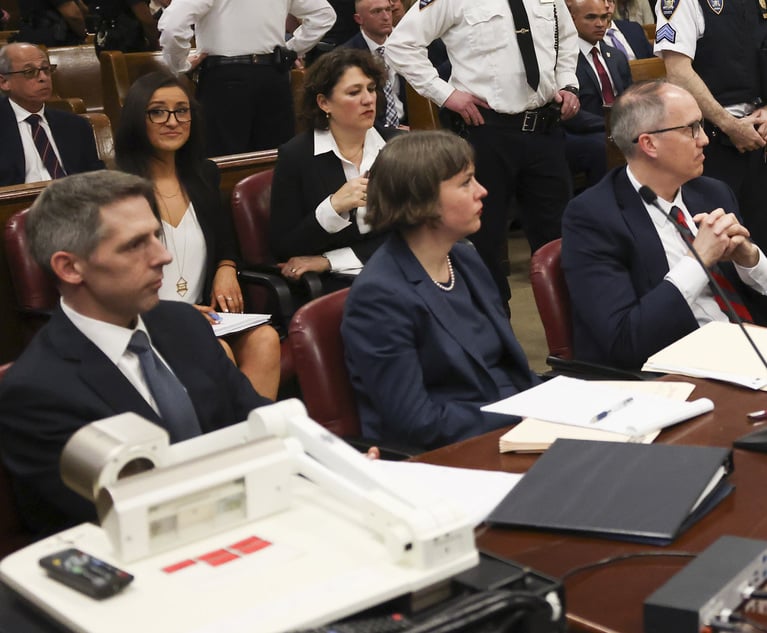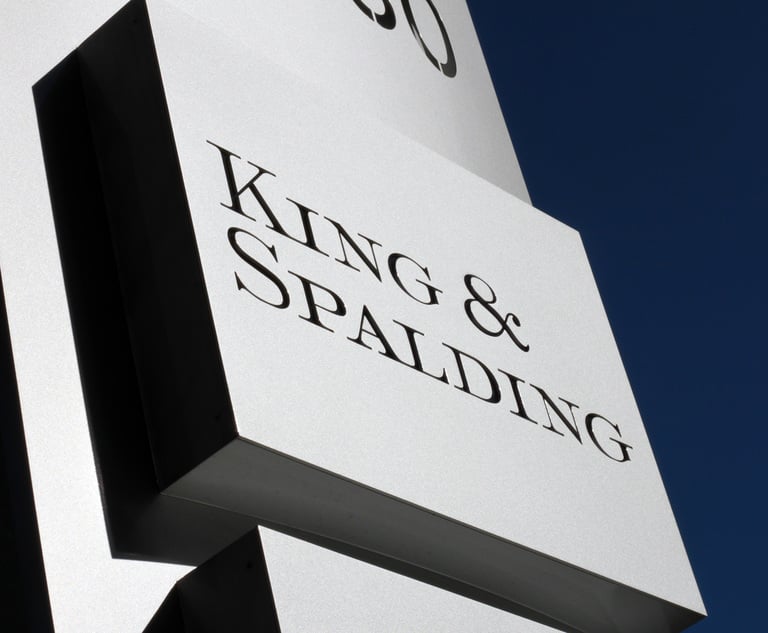For Lubbock attorney Kristen Vander-Plas, becoming pen pals with Barbara Bush started with letters for her birthdays, but the relationship developed into much more over the years.
Vander-Plas was just 12 when she volunteered, as part of a home-schooling civics lesson, for George W. Bush’s presidential election campaign in 2000. Soon after, she began penning birthday well wishes to the first lady and former President George H.W. Bush.









